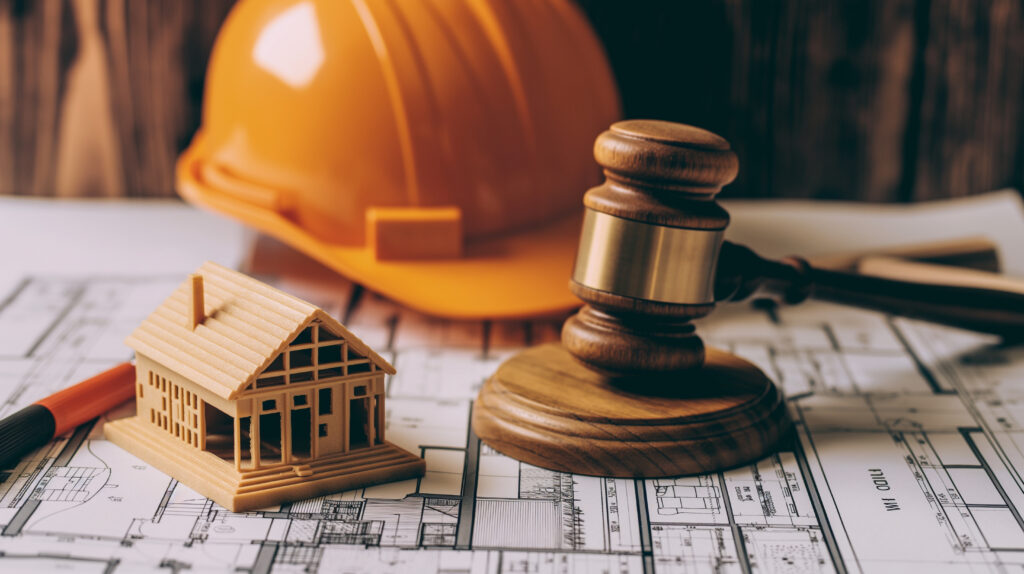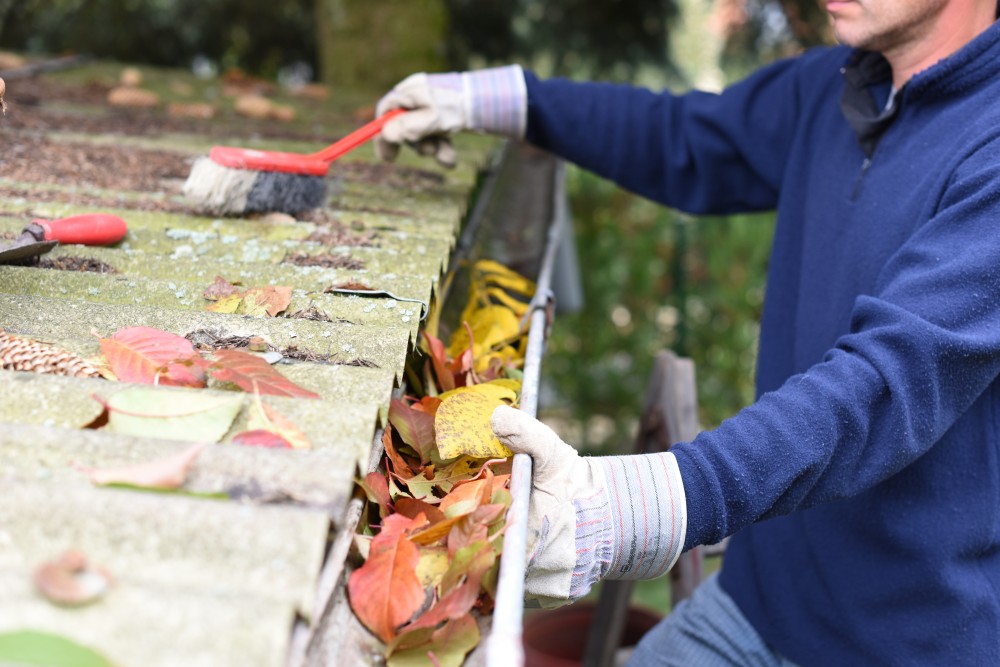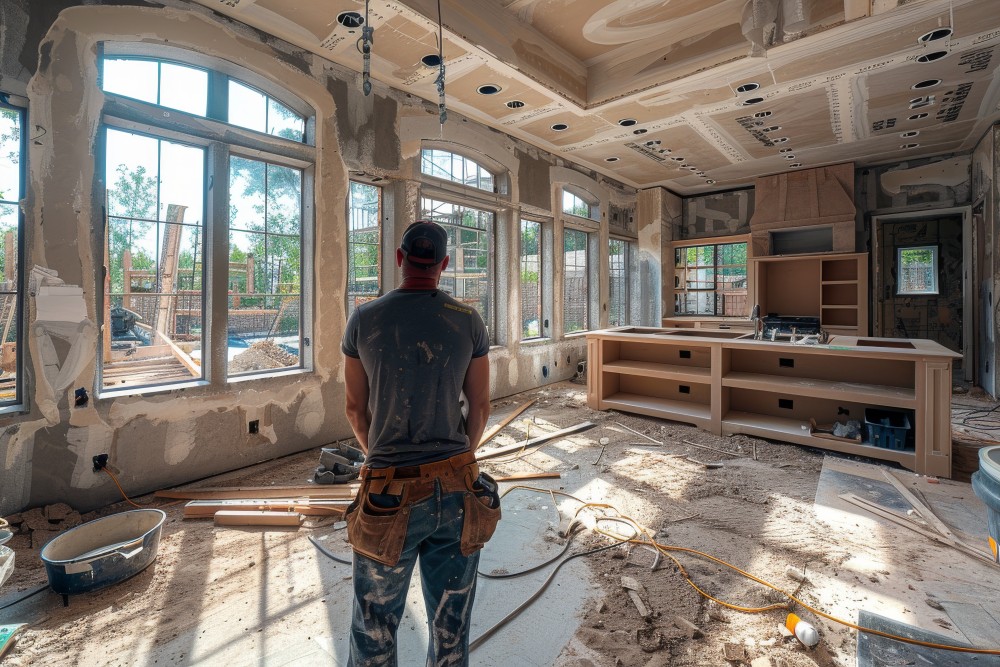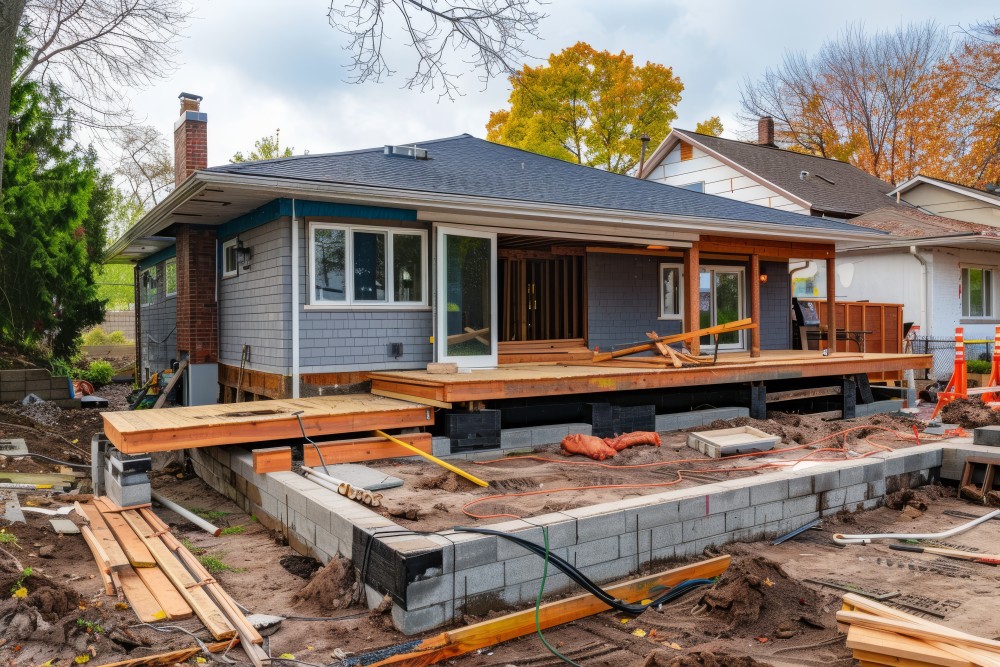1. Home Inspections Before Renovation
Identifying Existing Issues
- Structural Integrity: A pre-renovation inspection helps identify structural issues such as foundation cracks, roof leaks, or deteriorating beams that need to be addressed before starting the renovation.
- Electrical and Plumbing Systems: Inspections reveal outdated or faulty electrical wiring and plumbing systems that could pose safety hazards or require upgrades.
- Pest Infestations: Detecting pest infestations early can prevent further damage and ensure the renovation work is not compromised.
Assessing Feasibility and Scope
- Project Scope: An inspection provides a clear understanding of the current state of your home, helping you define the scope of the renovation project accurately.
- Budget Planning: Knowing the extent of repairs and upgrades needed allows for more accurate budgeting and prevents unexpected costs during the renovation.
- Code Compliance: Inspectors ensure that your renovation plans comply with local building codes and regulations, avoiding potential legal issues and fines.
Safety Considerations
- Hazard Identification: Identifying hazardous materials such as asbestos, mold, or lead paint is crucial for ensuring a safe renovation process.
- Safety Protocols: Understanding potential safety risks allows you to implement proper safety protocols to protect workers and occupants during the renovation.
Join HICP Homeowner’s Alliance
Connect with experts, get special discounts and enjoy member benefits
2. Home Inspections After Renovation
Verifying Quality of Work
- Workmanship: Post-renovation inspections help verify that the workmanship meets industry standards and that all agreed-upon work has been completed satisfactorily.
- Material Quality: Inspectors check the quality and installation of materials used to ensure they meet the specifications outlined in the contract.
- Finish and Details: Attention to detail is crucial for a successful renovation. Inspections ensure that finishes, such as paint, trim, and fixtures, are properly installed and in good condition.
Ensuring Compliance with Building Codes
- Code Adherence: Inspectors confirm that all renovation work complies with local building codes and regulations, ensuring the safety and legality of the improvements.
- Permit Closure: Post-renovation inspections are often required to close out building permits, providing official confirmation that the work has been completed correctly.
Identifying Post-Renovation Issues
- Defects and Snags: Inspections can reveal any defects, incomplete work, or minor issues that need to be addressed before finalizing the project.
- System Functionality: Ensuring that electrical, plumbing, and HVAC systems are functioning correctly after renovation is crucial for the comfort and safety of the occupants.
- Warranty and Guarantees: Verifying that all work meets the standards required for warranties and guarantees helps protect your investment in the long term.
3. Benefits of Home Inspections
Protecting Your Investment
- Long-Term Value: Inspections help ensure that renovations enhance the long-term value of your property by identifying and addressing potential issues early.
- Avoiding Costly Repairs: Detecting problems before and after renovations can prevent costly repairs down the line and ensure the longevity of the improvements.
Peace of Mind
- Confidence in Workmanship: Knowing that the renovation work has been inspected and approved by a professional provides peace of mind.
- Safety Assurance: Ensuring that all aspects of the renovation meet safety standards protects the well-being of your family and occupants.
Negotiation Leverage
- Informed Decisions: Pre-renovation inspections provide valuable information that can be used to negotiate better terms with contractors or adjust the scope of work as needed.
- Post-Renovation Adjustments: Post-renovation inspections can serve as a basis for negotiating any necessary corrections or adjustments with the contractor.
4. Choosing a Qualified Home Inspector
Credentials and Experience
- Licensed Inspectors: Ensure that the home inspector is licensed and certified to perform inspections in your area.
- Experience: Choose an inspector with extensive experience in both pre- and post-renovation inspections to benefit from their expertise.
Reputation and Reviews
- References: Ask for references and check online reviews to gauge the inspector’s reputation and reliability.
- Sample Reports: Request sample inspection reports to understand the thoroughness and detail of their inspections.
Specialized Knowledge
- Specific Expertise: Depending on the nature of your renovation, you may need an inspector with specialized knowledge, such as structural engineering or pest control.
- Continued Education: Choose inspectors who stay updated with the latest industry standards and building codes through continued education and training.
Conclusion
Home inspections before and after renovations are critical steps in ensuring the success, safety, and value of your home improvement project. By identifying potential issues early, ensuring compliance with building codes, and verifying the quality of work, inspections provide a comprehensive safeguard for your investment. Whether you’re planning a minor upgrade or a major renovation, incorporating professional inspections into your process will help you achieve the best possible results and protect your home for years to come.



















